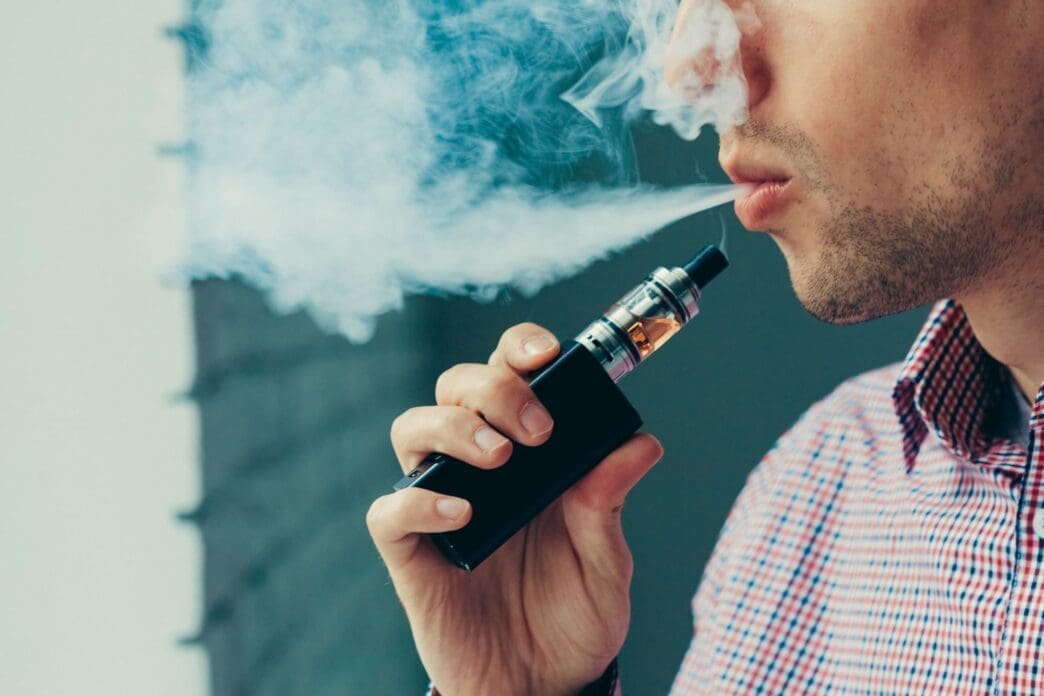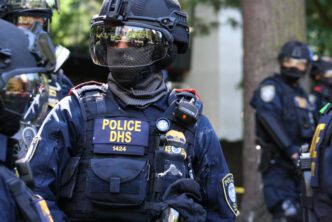On November 11, 2024, a study released online in JAMA, co-authored by Raquel M. Harati, Shannon E. Ellis, Nora Satybaldiyeva, and Tomas Mejorado from UC San Diego, along with Gustavo Benitez from California State University San Marcos and Lisa Henriksen from Stanford University, identifies major shortcomings in online regulatory compliance concerning the sale of flavored vaping products designed to safeguard minors.
In an effort to prevent youth addiction to tobacco, the U.S. Congress made significant legal strides in 2020. It prohibited e-cigarette deliveries via the U.S. Postal Service and mandated identity checks for any delivery service used. California added a layer of protection by banning most flavored tobacco products. While this prohibition did not explicitly include online sales, cities like San Diego enacted additional laws to close potential loopholes.
The researchers conducted a study involving 156 purchase attempts from 78 online retailers to gauge how effectively these regulations were enforced. Each buying attempt was replicated in both the city of San Diego and a different city within San Diego County, where the local restrictions did not apply. Ideally, no purchases would have been successful, especially with Postal Service delivery—given their federal ban—nor would deliveries within San Diego have occurred due to local laws.
Contrary to expectations, the results were concerning. Over two-thirds of buyers were able to acquire flavored vapes, including almost 70% in San Diego, which has strict bans against such sales. According to the study, 80% of these successful transactions were shipped via the Postal Service, a direct violation of the law. Moreover, other deliveries were made by services like UPS and FedEx, which formally oppose delivering tobacco products.
Alarming as it is, 93% of the deliveries were completed without any age verification. The products were often dropped off without meeting the buyer, flouting the requirement to confirm the recipient’s legal age. Only once did a delivery person fulfill the legal obligation to check the buyer’s ID against federal regulations.
Eric Leas, UCSD’s assistant professor and Tobacco E-commerce Lab director, commented on the study’s findings, stating that while there are long-established systems to enforce laws in physical stores, the online realm remains inadequately supervised. He emphasized the critical need for improved oversight to ensure compliance among online tobacco retailers.
Although the study focused solely on sales within one county, this area is recognized for its stringent anti-tobacco regulations. This calls into question the effectiveness of these measures on a broader scale. The study clearly demonstrates widespread noncompliance among online retailers with existing shipping, age verification, and flavored tobacco sales laws.
The investigation into the compliance of online vape retailers underscores a significant gap in regulatory enforcement, highlighting an urgent need for heightened oversight and accountability. Researchers advocate for robust systems to effectively monitor and enforce laws intended to shield minors from accessing tobacco products online.
Source: Sun-sentinel






